Yoga for Mental Well-Being
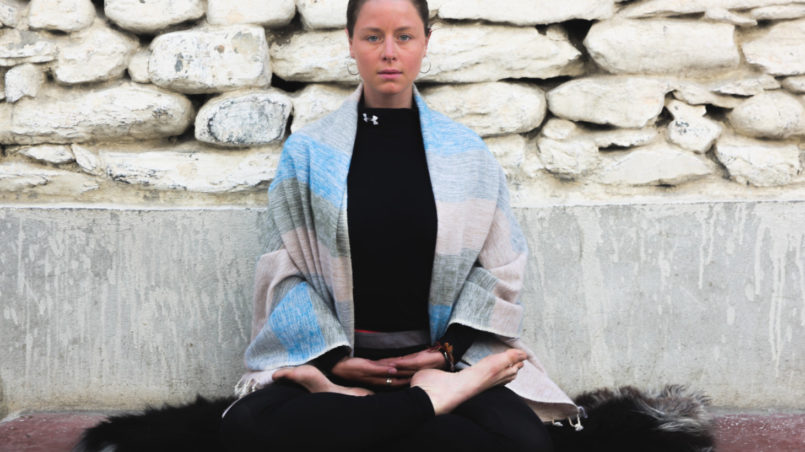
In 1948, the World Health Organisation (WHO) defined health as a state of complete physical, mental, and social well-being and not merely as the absence of disease. So how many of us are really healthy?
Mental health has always been a subject which fascinates me, as I consider it extremely interesting and important. If we are “not well” in our mind, in our psyche, then everything else will also not function 100%, as our mind influences our body and vice versa. The sentence “a strong mind leads to a strong body” has helped me in completing two half marathons and one full marathon and in keeping me fit to manage difficult asanas.
Many people, in different career fields, often work overtime and reach a point of exhaustion. Special care should be taken regarding so-called “sitting jobs“, where you have to use brain power rather than your physical power, as, in my experience, people with such “sitting jobs” are more prone to suffer from different mental ailments.
In the 70s, people in Japan, a country with an intense work culture, invented the word “Karoshi”, which means as much as “death by overwork”.3,4 While visiting the country, I’ve seen people sleeping on the pavement with their suits on, whereas others would deal with their tension by excessive drinking or obsessively playing computer games in play halls filled to the brim.
Over the last couple of years, more and more people, some close and some not so close, were or still are suffering from one or the other mental health problem, with the leading cause being stress. This has made me realise even more how drastically mental health issues are on the rise and how important it is to take some measures to prevent it.
According to the WHO, two-thirds of the people suffering from a mental health problem never seek professional help due to the stigma and discrimination associated with it from a section of society. They are neglected and receive little or no understanding. In “poorer” countries, those with severe mental health problems are still considered as being possessed by evil spirits, and often the person suffering even gets chained or locked up by their family members.5
How Can Yoga Help in This?
Yoga, which unites the mind, body, and soul, is an excellent way of coping with and preventing stress as well as an alternative and adjuvant treatment option in the case of various mental health issues. Practising yoga daily, in a mindful way, for even 15-30 minutes, has a great effect on your being. It is well-known that prevention is better than treatment.
Various research on how yoga can help our mental and physical well being has, for example, been conducted at the Yoga Institute, the world’s oldest organized Yoga centre, since 1918, in Mumbai, India, as well as at the Harvard Medical School. The findings of their research project regarding PTSD (Post-Traumatic Stress Disorder) patients revealed that more than half of the participants showed reduced symptoms after practising yoga and, as a result, yoga is now used by the U.S. Armed Forces to help cure and rehabilitate returning soldiers.6
Research on meditation shows that it increases the “grey matter” which is responsible for memory, seeing, hearing, executive functions, impulse control, emotions, and speech; therefore, meditation is a great tool in today’s world where “digital dementia” is a new medical term (= according to neuroscientist Manfred Spitzer: the overuse of digital technology resulting in the breakdown of cognitive abilities) and smartphones are making us “stupid”.8 Furthermore, research conducted in Harvard found that 2,209 genes were differently activated in long-term meditators and 1,561 genes in short-term meditators (8 weeks of practice), and this results in an anti-aging effect 9.
Here I would like to present some of the techniques that I learned during my teacher training course at the Yoga Institute, which are beneficial for our mental well being. In terms of asanas (postures), all can be helpful as the key point lies in connecting your breathing to your body and being present (mindful) in the moment, but if you simply want to relax, then I recommend restorative/relaxation asanas, such as the following:
Videos:
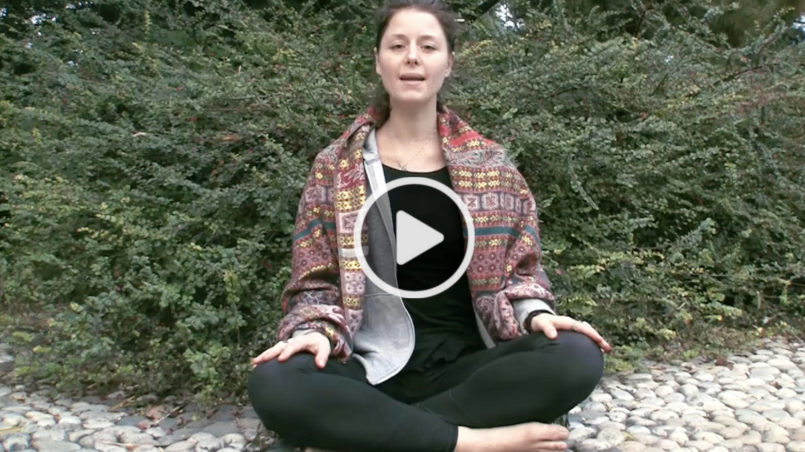
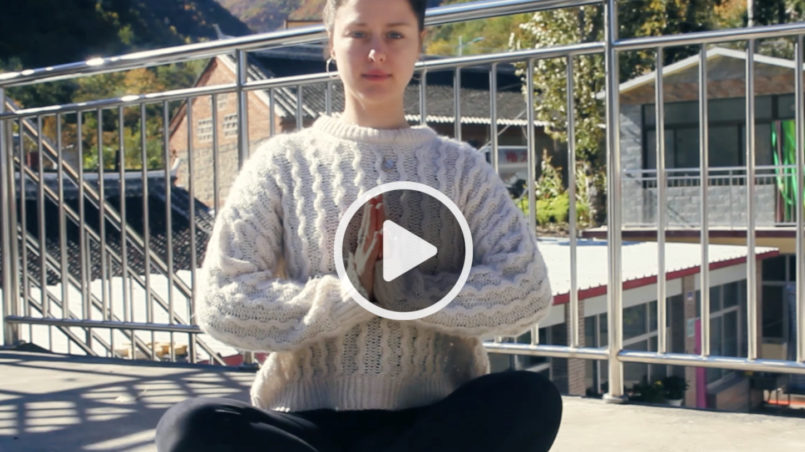
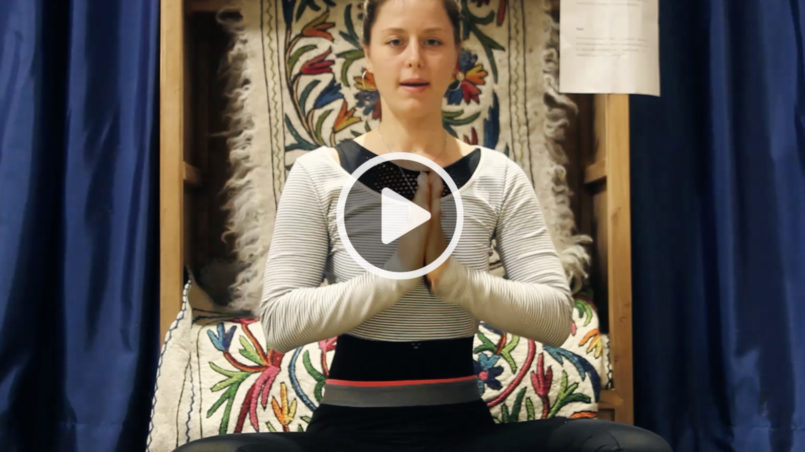

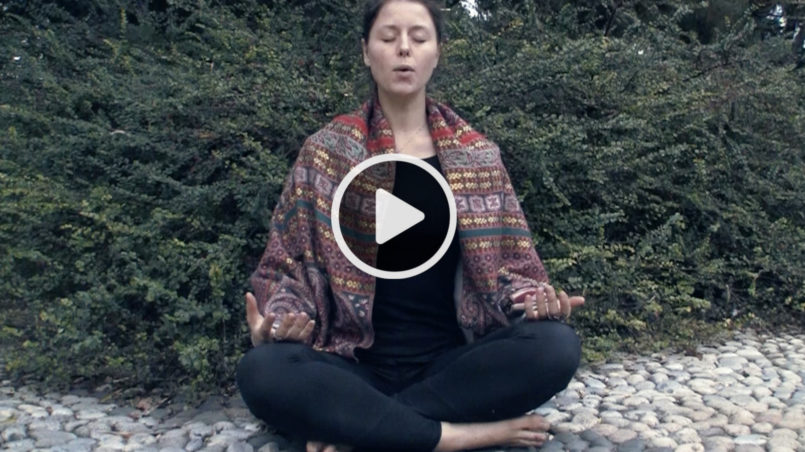
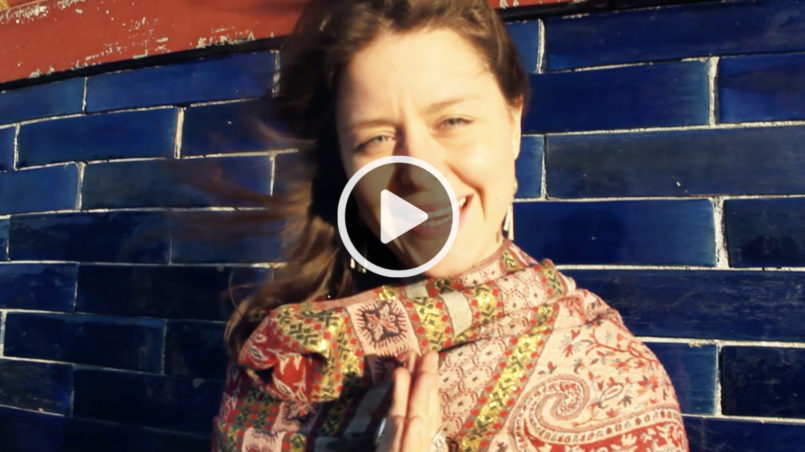
_
1 https://www.who.int/whr/2001/media_centre/press_release/en/
2 http://www.who.int/news-room/fact-sheets/detail/depression
3 https://en.wikipedia.org/wiki/Kar%C5%8Dshi
4 https://www.theguardian.com/world/2017/oct/05/japanese-woman-dies-overwork-159-hours-ove
5 https://www.bbc.com/news/magazine-24539989, http://i.stuff.co.nz/world/asia/8892701/India-fights-old-myths-on-mental-disorders, https://www.bbc.com/news/health-22076563,
http://koshishnepal.org/programs/3
6 https://greatist.com/fitness/military-uses-yoga-cure-ptsd-121712
7 https://www.apa.org/monitor/2009/11/yoga.aspx
8 https://www.psychologytoday.com/us/blog/mind-change/201507/digital-dementia
9 https://www.huffpost.com/entry/how-meditation-affects-th_b_751233

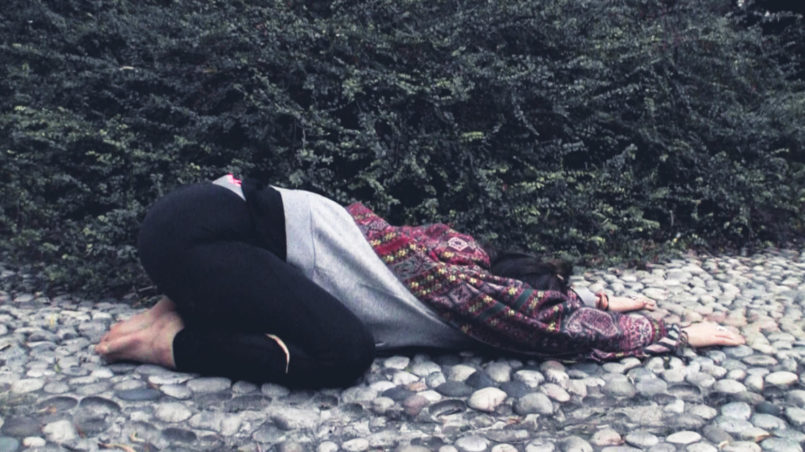
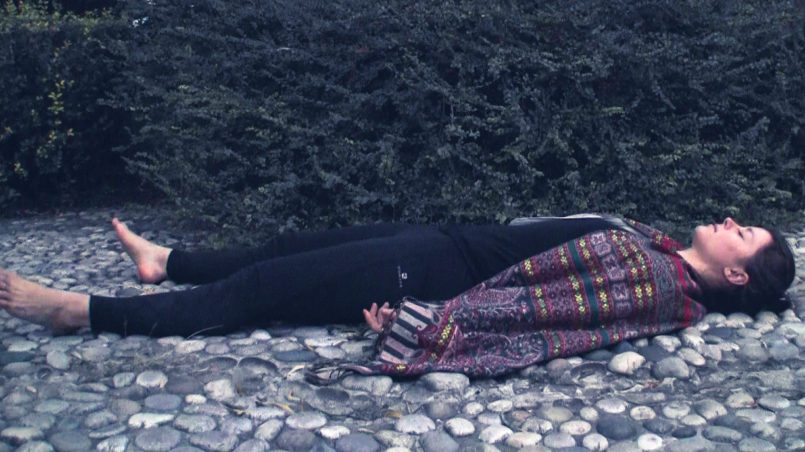
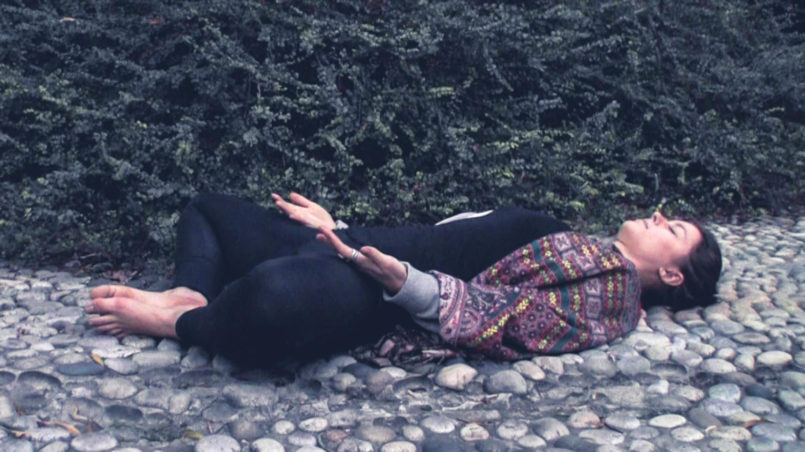





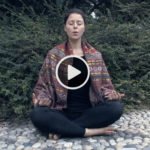
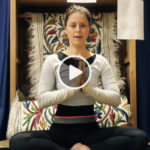
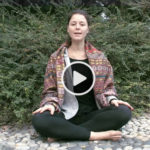




It’s really good to see that you have done the course from Yoga Institute and focussing on the real benefit of yoga which is all about mind management and uplifting people emotionally. A good cause to worknupon as well as understanding yoga from this point of view is really good.
Wish you success in your endeavours. My wish is from my heart so it should get fulfilled for you
Dear Shiv Mathur, thank you very much for your kind words and yes The Yoga Institute was indeed a very magical and special place that I am forever grateful for 🙂 All the best. Isabel
Great article Isabella, I am happy that I followed you of my first yoga class in Beijing even i was just observing but hoping one day I will start. Keep on and good luck
Thank you so much Dr. Ahmed, it was my great pleasure and whenever you want to start I am here to help :)All the best
Very good article Isabel, brilliant
Thank you very much Toma, I am glad you liked it 🙂